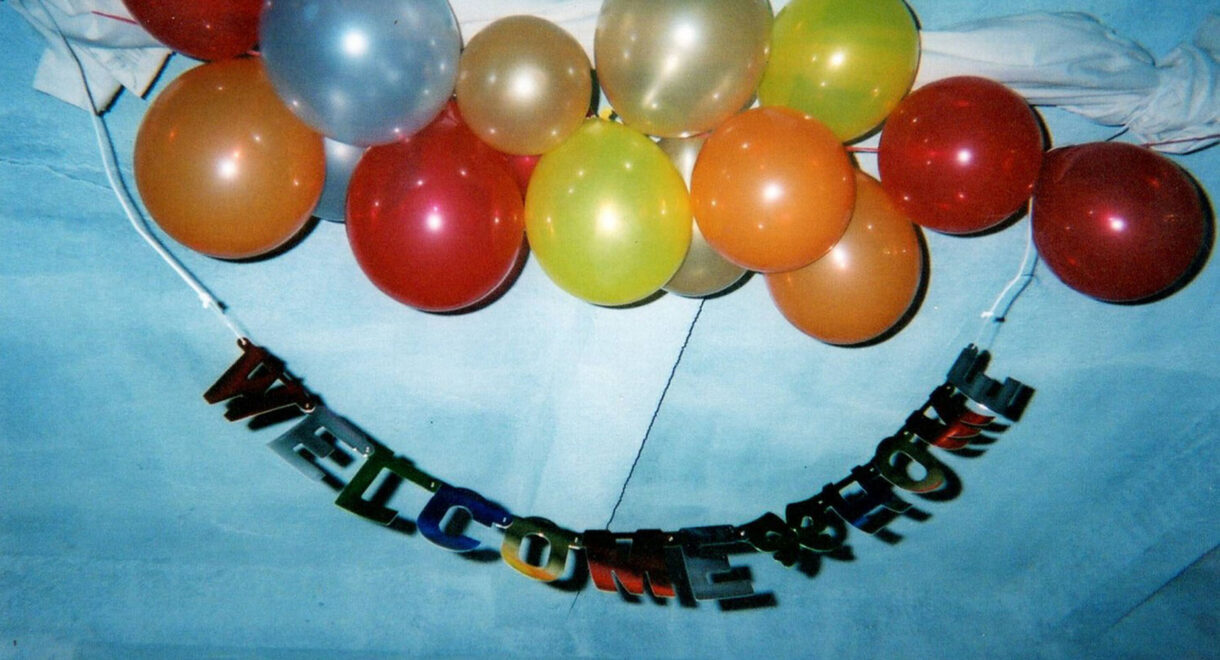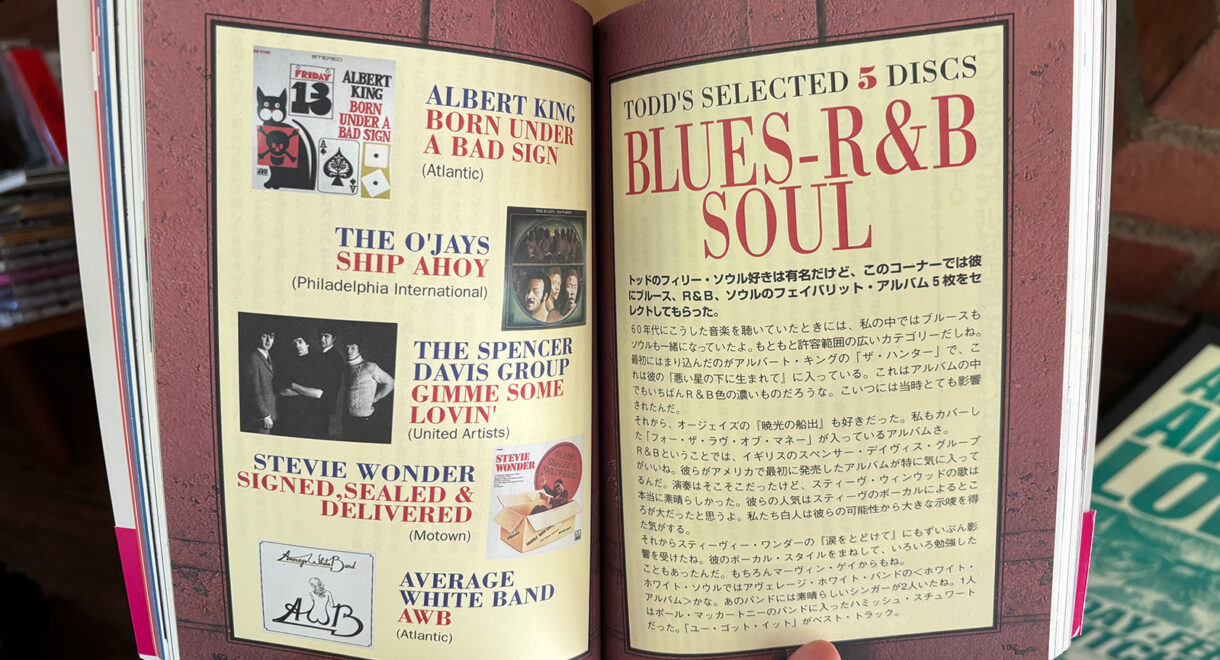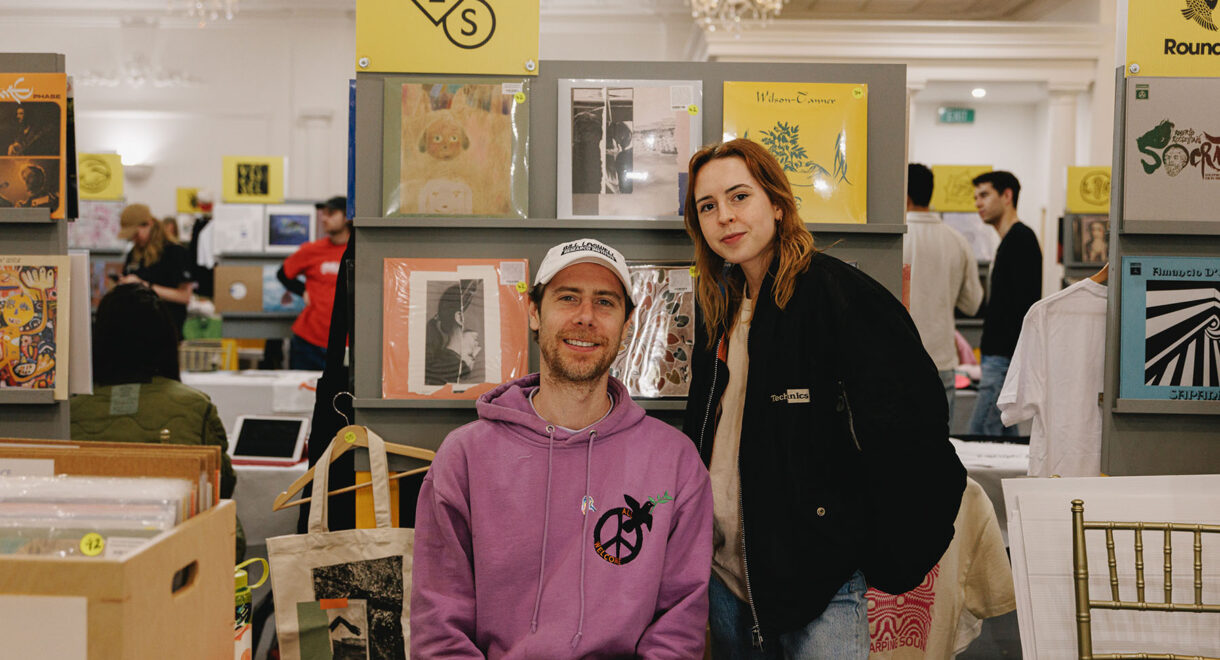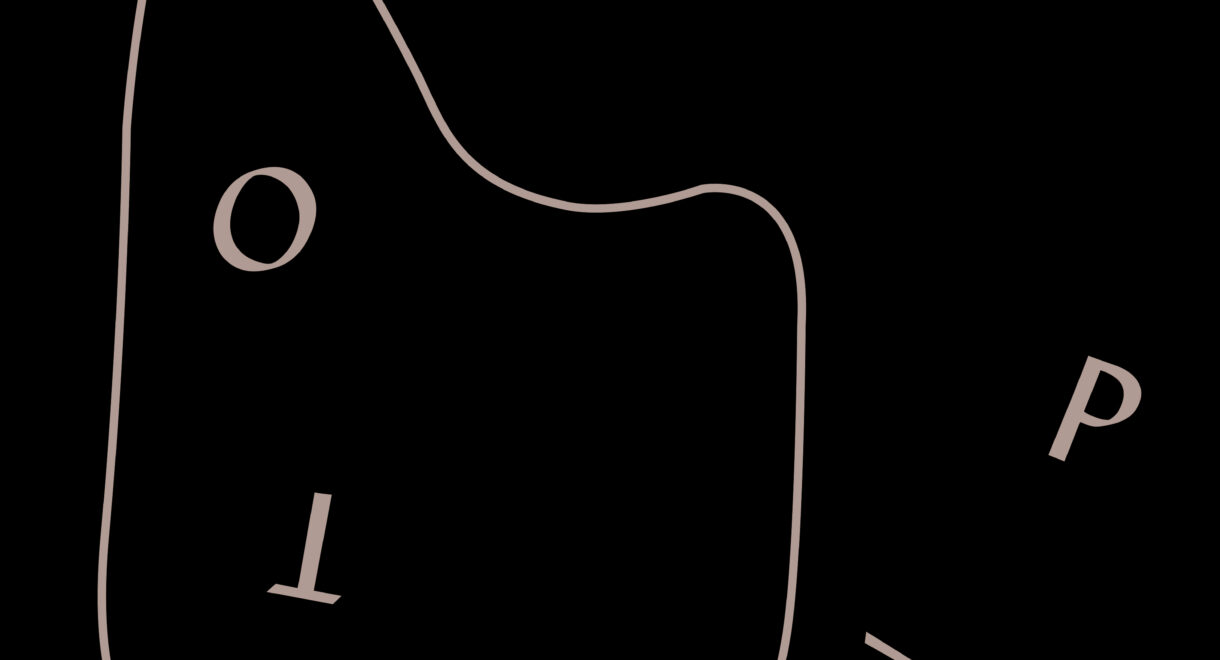Gelareh Khoie shares the story of thirtyninehotel, a legendary nightclub, art gallery, and performance space powered by Klipschorns from David Mancuso’s Prince Street loft parties. Love (Art & […]
Heroes Series #2: Curation and Creation with Nathan Salsburg

Derek Piotr interviews Nathan Salsburg, musician and curator for the Alan Lomax Archive.
I was overjoyed to invite Nathan Salsburg to participate in this series; Nathan and I had some fundamental conversations when I began curating compilations of western North Carolina mountain singing, and his input was invaluable. Nathan is also a solo artist in his own right; his Landwerk series contains some of the most genius and inspiring guitar work I’ve ever heard – fractals of American Primitive layer like sheets of mica over hundred-year old recordings. That stands to reason: His day job is as curator for the Alan Lomax Archive at the Association for Cultural Equity. Nathan and I talked shop on both curation and creation in the conversation below.
Derek Piotr: It's always struck me that making albums for oneself is a fairly liberating experience; it frees one of certain internal pressures and allows one to indulge deeply in specific sounds or references. Archival work, by contrast, has always felt like hospice work to me: there's something eternally heavy, but nevertheless equally emotionally satisfying, about tending to the remnants of someone's memories of a particular time. Your recent work has married your own performances with recordings from the 1920s. Did this juncture affect the emotional flow of both musics? How do you see both states coexisting?
Nathan Salsburg: I’ll admit that your descriptions here don’t resonate with me. I don’t feel liberated making my own music – which isn’t at all to say that it’s a chore or a slog, but that it brings with it its own pressures and responsibilities, which I treasure as central to the practice. The only indulgence for me is temporal. As for archival work, my responsibilities to historical recordings, and the people/communities they came from, are much simpler, having nothing to do with me or my feelings or my needs: describe them, provide context, make them accessible, present them respectfully and as much on their own terms as possible. Don’t romanticize them. Don’t aggrandize my own involvement.
The source material I used for the Landwerk volumes isn’t drawn from the Lomax field recordings I work with for a living, but from commercially released records in my own collection. As such, I felt less of a responsibility to adopt an “objective” approach to them. I felt they were more, to put it bluntly, exploitable for my purposes – creative, technical, emotional. Some samples are drawn from performances I adore, but the project originally took shape around a record that I didn’t have much interest in and that was on its way to the outbox. I was taken with the opening chord and was moved to, say, interact with it.
Since then I’ve found that trying to work only with records I feel an affective attachment to isn’t a constructive approach; there are exciting musical fragments on the most mediocre records, which requires a more focused approach to listening – a practice I’d gotten lazy with. I include the discographical details in the LPs’ notes in deference to the source artists, the source media, and to the original contexts of the performances and their commercial exploitation.
I find the term "commercial exploitation" an interesting one -- how do you feel about commercial releases of fragile, field-recorded music? Do you find curatorial efforts towards field-recorded "publicly owned" recordings (such as those made for the WPA) should only be distributed in such an open-source way? In other words, do commercial albums consisting of these kinds of recordings have a place in the commercial landscape of 2022? Is this process exploitative? If not, why?
When they’re done well, I’m a huge fan of commercial releases of field recordings and other non-commercial music. What would our lives be like without labels like Folkways, Topic, Ocora, Lyrichord? Or without all those tremendous LPs – labors of love and public money – devoted to site-specific traditional music, produced by various state folklife organizations and university presses in their heyday of the ‘70s and ‘80s? Of course, “commercial” is used in this sense only to denote that the records are made available for purchase; not that they make any money for the compilers. As a listener, I’m tremendously grateful there are still labels issuing beautiful, thoughtful physical-media releases of non-commercial music. As a compiler, I’m aware that these are – still – extreme labors of love, like those LPs of yore. The main difference between then and now is that there’s barely any public money to produce them.
Can you compare the process/sense of detachment/deeper listening in Landwerk to your work on Psalms, or are these albums completely distinct in scope?
The senses of detachment are similar, if I can invert that and say that the processes were attempts at reattachment, although to largely imagined worlds/experiences or spaces/places. Both grew out of a hunger for creative collaboration with the past, and a desire to – and I struggle to find the verb – submit myself to, or lose myself in, or construct for myself a simulation of the integrity of continuity.
Derek Piotr is a folklorist, researcher and performer whose work focuses primarily on the human voice. His work covers practices including fieldwork, vocal performance, preservation and autoethnography; and is primarily concerned with tenderness, fragility, beauty and brutality. He has collaborated with artists including Scott Solter, Bobby McMillon and Thomas Brinkmann across various disciplines. His work has been supported by the North Carolina Folklife Institute, The Traditional Song Forum and The Danbury Cultural Commission, and has featured on Death Is Not The End and BBC.
Nathan Salsburg is a guitarist, composer, archivist and writer living in Kentucky. He is a frequent collaborator of songwriter-singer Joan Shelley, occasional guitar-duo partner of James Elkington, and has contributed to recordings by Bonnie “Prince” Billy, the Weather Station, and Jake Xerxes Fussell, among others. Salsburg is a historic preservationist who has now served as curator for the Alan Lomax Archive at the Association for Cultural Equity for over 20 years.










